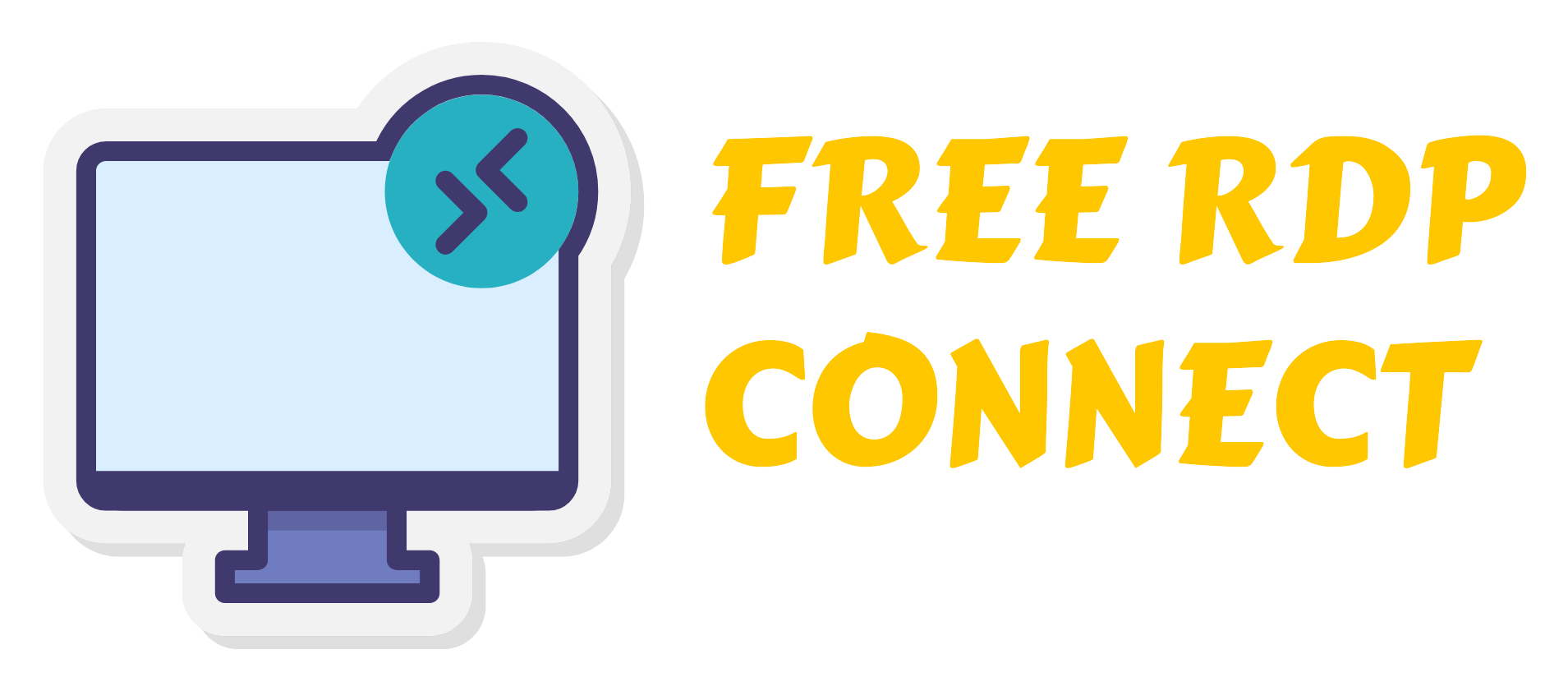
Best Free RDP Server: Comprehensive Guide to Remote Desktop Solutions
In today’s interconnected world, the ability to remotely access a computer from anywhere has become a necessity for individuals and businesses alike. Remote Desktop Protocol (RDP) servers are pivotal in...
Continue reading

Best Free RDP Server: Comprehensive Guide to Remote Desktop Solutions
In today’s interconnected world, the ability to remotely access a computer from anywhere has become a necessity for individuals and businesses alike. Remote Desktop Protocol (RDP) servers are pivotal in...
Continue reading
Unlocking the Power of Oracle: Microsoft Tools Integration
Dear techies! We are going to enter into a world of exploration in Oracle Client and streamlining access with popular Microsoft tools. If you have ever wondered about maximizing the...
Continue reading
PlayStation 5 Pro: Unmatched Power & Cutting-Edge Features
The new year has started on a positive note for gamers in India as the PlayStation 5 Pro is finally coming to India, reportedly this summer. As that fortifies the...
Continue reading

How to Secure a Free .com Domain in 2025
Getting a free .com domain in 2025 might seem hard, but it’s doable with the right tips. A .com domain is very valuable because it’s seen as credible and well-known....
Continue reading

Free RDP Server No Credit Card Required for 2025
Remote desktop protocol (RDP) servers are key for remote work and management. They let users access and control computers from anywhere. Many people and businesses want a free RDP server...
Continue reading

Supercharge Your Website with v7.4 Traffic Generator Crack
Looking to boost your website’s online presence? The v7.4 traffic generator crack is here to help. It’s a powerful tool for website owners to increase their online visibility. It drives...
Continue reading

Unlock Secure Remote Access with Our Free RDP Servers
In today’s world, having secure remote access is key for everyone. Our free RDP server offers a safe way to connect to your computer from anywhere. It boosts your productivity...
Continue reading
Unlock Free Domain and Hosting: A Step-by-Step Guide
Starting a website doesn’t have to cost a lot. Free domain registration and hosting let you have a web presence without spending a lot. You can get a unique web...
Continue reading

Get Free WordPress Domain and Hosting: A Step-by-Step Guide
Having a professional online presence is key for both individuals and small businesses. Free WordPress hosting is a cost-effective way to start. It’s important to know about WordPress hosting and...
Continue reading

